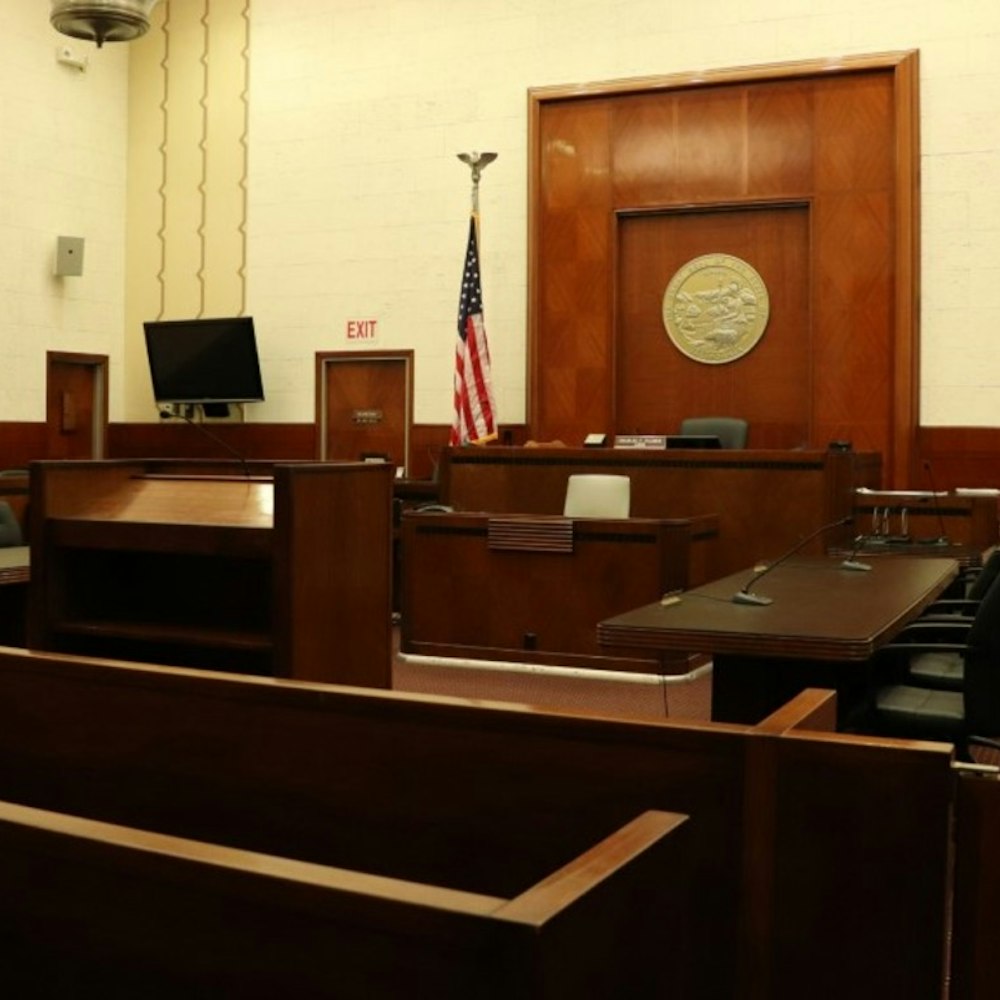
Georgia's colonial founder James Edward Oglethorpe is being re-evaluated as a historical figure who may have, against the grain of his time, sought to resist the advance of slavery in the New World. A new book by Michael Thurmond titled "James Oglethorpe, Father Of Georgia — A Founder's Journey From Slave Trader to Abolitionist" has sparked renewed interest in Oglethorpe's legacy, particularly his early efforts to keep slavery out of Georgia. According to a report by Atlanta News First, Thurmond stumbled upon an inscription during a visit to Oglethorpe's burial site that described him as "the friend of the Oppressed Negro," prompting a long-spanning research project into the truth behind this claim.
Thurmond, whose previous work has not shied from confronting the complexities of Georgia's past, aims to substantively challenge the popular historical narrative. In his book, he posits that Oglethorpe's view on slavery shifted dramatically after witnessing its horrors firsthand. This claim is bolstered by the fact that Oglethorpe attempted to ban slavery in Georgia, which was notably the only British colony at the time where slavery was illegal. However, Oglethorpe's anti-slavery stance has often been attributed more to tactical concerns than moral opposition, according to historians. Stan Deaton, senior historian for the Georgia Historical Society, told Central Maine, that Thurmond's book sheds light on aspects of Oglethorpe's life that many have overlooked.
Thurmond, himself the son of a sharecropper and once a state labor commissioner, represents a voice from a community intimately familiar with the legacy of slavery in America. He has served as an elected official in Georgia for many years, and his account of Oglethorpe's life reportedly demonstrates a rigorous engagement with existing scholarship. The account offered by Thurmond suggests that Oglethorpe's experience in Georgia had a profound impact upon him and possibly influenced his later interactions with emerging English abolitionists.
Despite Thurmond's arguments, the fact remains that the ban on slavery did not outlast Oglethorpe's tenure in Georgia. Slavery was indeed codified into the colony's legal structure a few decades later, growing to such an extent that by the onset of the Civil War, Georgia had one of the highest enslaved populations in the country. Gerald Horne, a professor of history and African-American studies at the University of Houston, expressed skepticism, explaining in a statement obtained by Atlanta News First that Oglethorpe's legacy cannot be divorced from the eventual proliferation of slavery in Georgia.
Thurmond's portrayal of Oglethorpe is not without its nuances. He acknowledges the historical figure's past as a member of the slave-trading Royal African Company and his initial use of slave labor in developing Savannah. However, the book emphasizes that Oglethorpe's later years were marked by a distinct turn against the institution of slavery. For readers and historians alike, Thurmond's work invites a reconsideration of the motivations and the impact of one of Georgia's founding fathers—an exploration of a man who, perhaps, was far ahead of his time in recognizing the inherent cruelty and injustice of slavery.
-1.webp?w=1000&h=1000&fit=crop&crop:edges)








